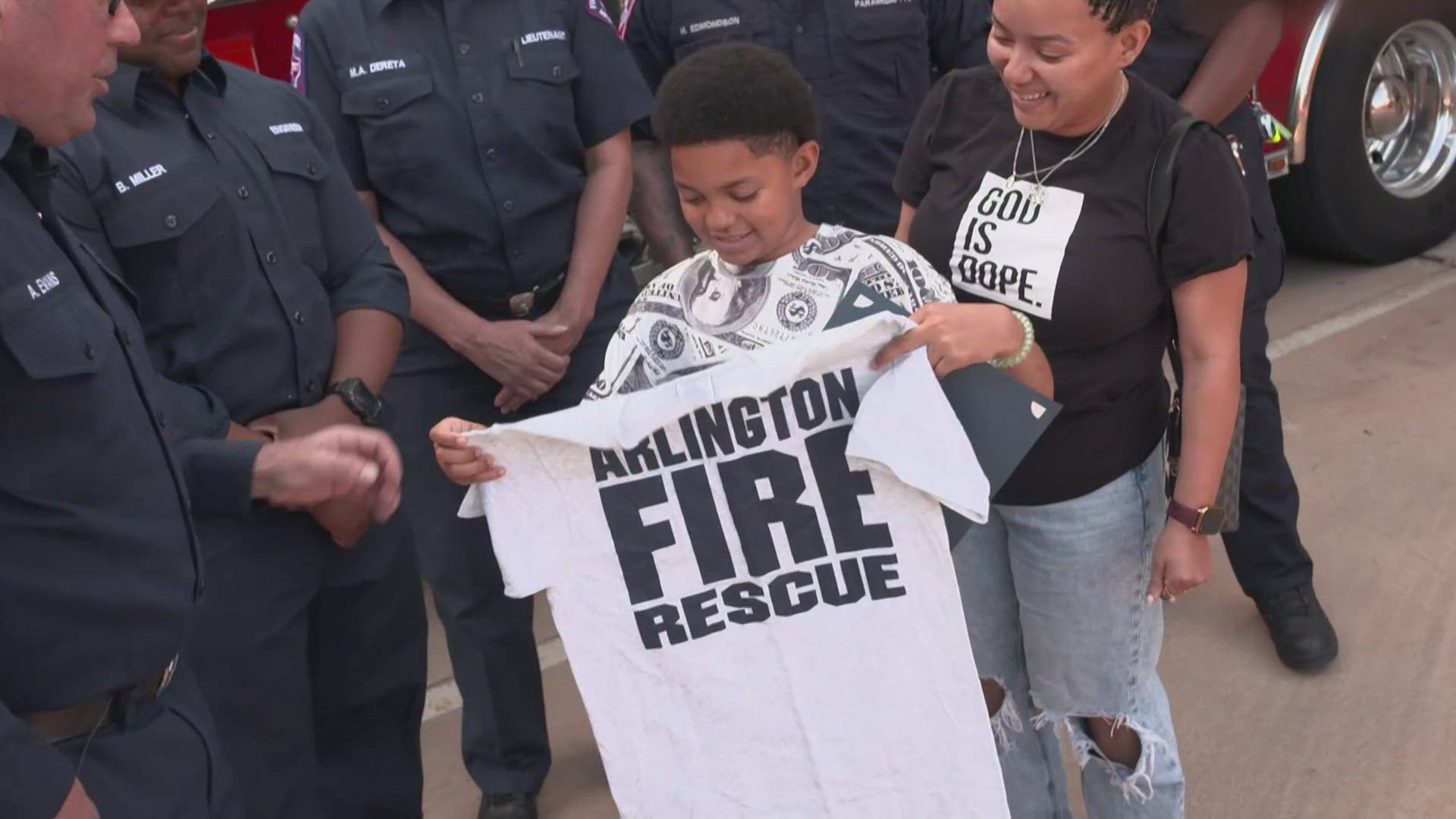Speed limits on the Dallas North Tollway and Bush Turnpike almost certainly are going up on Sept. 1 - to reflect speeds most people already drive.
KYE R. LEE/DMN
The speed limit on the this stretch of the Dallas North Tollway in Highland Park would increase to 65 mph if the North Texas Tollway Authority board approves the proposal.North Texas Tollway Authority officials said Wednesday that top legal speeds on most sections of the roads will go to 70 mph, pending a likely thumbs-up from the NTTA board next month.
The speed limit on the Dallas North Tollway between Trinity Mills Road and downtown Dallas would be bumped from 55 mph to 65 mph.
The speed limit on the Sam Rayburn Tollway (State Highway 121) is already set at 70 mph.
NTTA deputy executive director Rick Herrington said the proposed changes have already been OK'd by the North Central Texas Council of Governments and other local authorities.
The simple logic for the change: People drive faster on the toll roads than the posted speed limits. The NTTA is putting the finishing touches on a speed study that is expected to show that 85 percent of motorists currently drive at those higher speeds, Herrington said.
'Safer environment'
"It's a much safer environment if everyone is going the same speed," he said.
For example, if someone is traveling 55 mph on the North Dallas Tollway while most everyone else is going 65 mph or faster, there is higher risk of crashes because motorists will be changing lanes to get around the slower driver, he said.
Michael Morris, the council of governments' transportation director, agreed.
"From a safety standpoint, what they're asking for is a very good idea," he said.
Morris said other highways probably wouldn't be able to have similar speed limit increases because of pollution concerns. The toll roads, he said, don't have as much truck traffic as other highways. And trucks are the biggest polluters on the road, he said.
Herrington said NTTA staff members will present the recommendations to a committee early next month, and the board will vote on the proposal in the third week of August. If approved, as expected, the changes will take effect Sept. 1, he said.
Air quality
Faster speeds send more harmful vehicle emissions into the air. So the NTTA had to offset that with moves to improve air quality. That's one reason the NTTA is getting rid of toll booths and replacing them with electronic tolling.
Electronic tolling already went into effect on the Bush Turnpike on July 1. And by 2011, it will replace cash booths on all portions of Dallas North Tollway.
Electronic tolling reduces emissions because vehicles are not idling in line at toll booth plazas, Herrington said.
NTTA is also planning to replace its vehicles with hybrid vehicles, he said.
The council of governments agrees with the proposed speed limit changes and helped the NTTA navigate pollution concerns from the Texas Commission on Environmental Quality and the U.S. Environmental Protection Agency, Herrington said.
The NTTA, he said, is planning to have new speed limit signs in place by Sept. 1.
He also said some crash barrels will have to be crash tested at the higher speeds to make sure they receive the necessary upgrades.
"Everyone is looking at this as a positive thing," said Allen Clemson, the NTTA's executive director.

